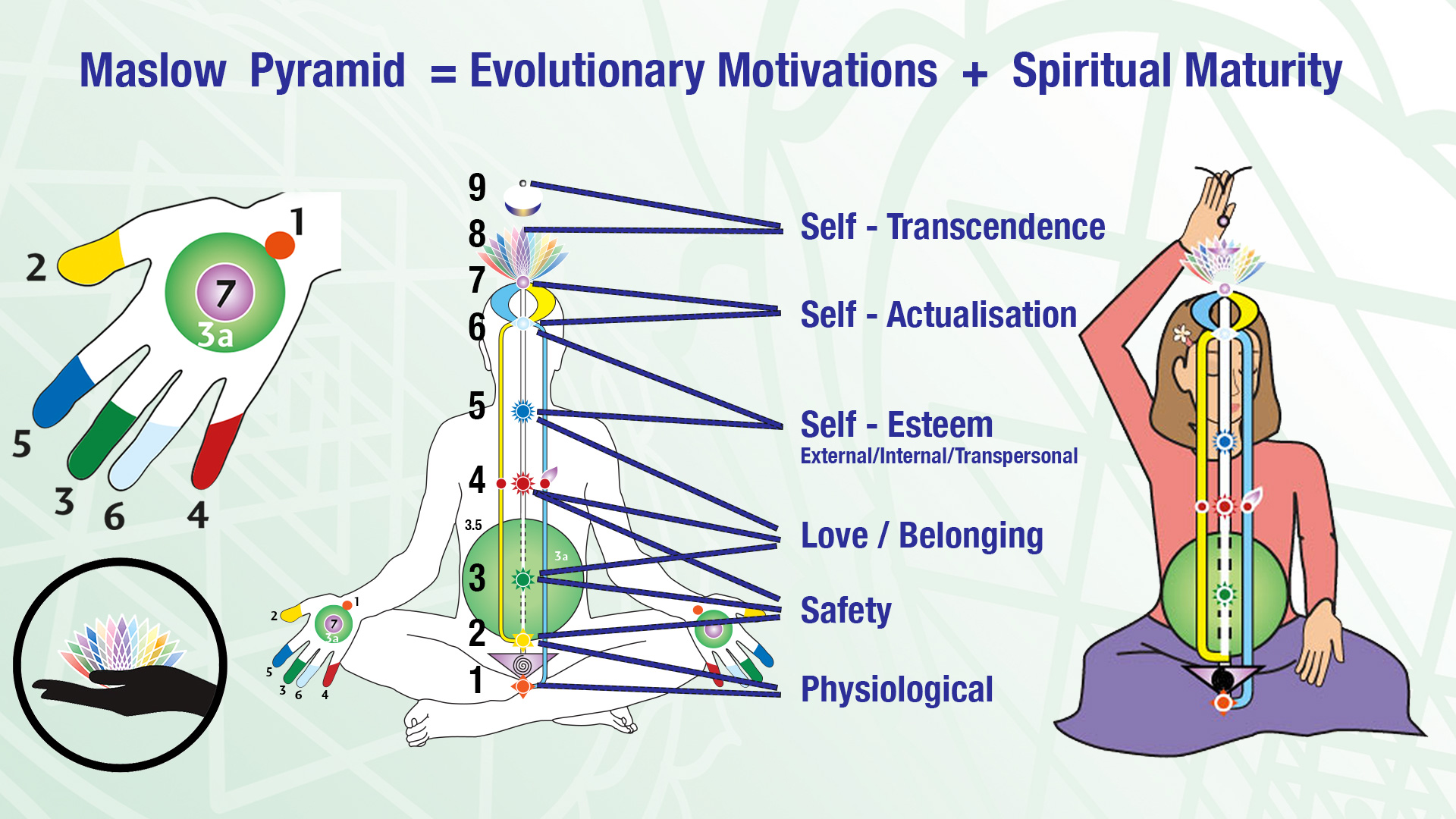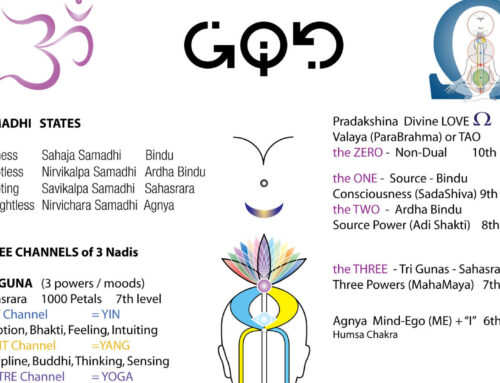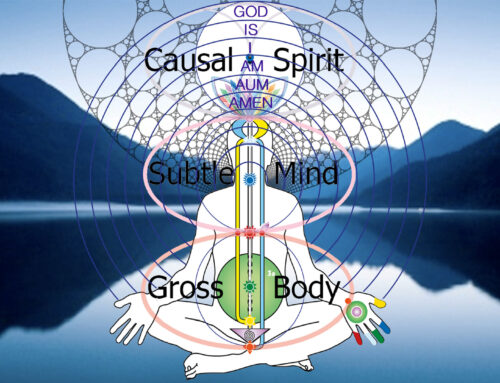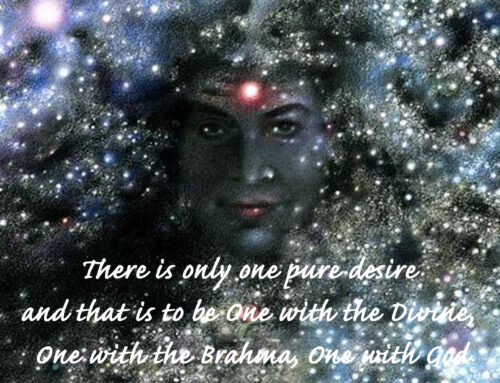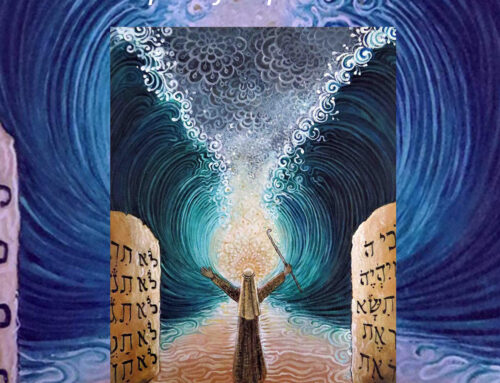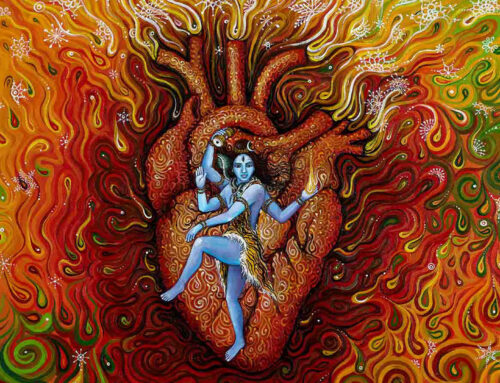Ego States and Self-Esteem.
A useful acronym for EGO might be Easing God Out. In truth we cannot ease God out because by definition GOD IS omniscient, omnipotent and omnipresent. But if we are identified with our physical, intellectual, and emotional bodies, which are transitory, instead of our eternal Super Conscious Atman or Spirit then there are plenty of ‘outs’ for your identity, mistakenly momentarily as ‘body-mind-ego complex’, to misidentify with.
Growing Up.
One interesting simplification of ego states was an important breakthrough for me called Transactional Analysis (TA) – a therapeutic approach developed by Eric Berne in the 1950s and published in his major work “Games People Play.” It has its roots in psychoanalysis, but maintains a focus on social transactions to determine ‘ego states’ in order to better understand egoic position behaviour. These n three states or mindset positions are the Parent P, the Adult A, and the Child C.
So, in TA there are 3 ego states of Parent-Adult-Child or P-A-C. We see children practise these roles knowing they will have to relate as Adults and Parents in future. Typically we assume that when you act and relate as Adults, Parents or ‘Seniors’ in many roles, that we are superior, better qualified, or just ‘in charge’ and that the rough and tumble of Earthly life must be handled ‘properly’, and so we use our ego and mind in concert to act, react and interact ‘properly’ at home, school, socially, at work and in the World at large. One of Eric Berne’s foundational precepts for a healthy ego-mindset was simply to start with the premise “I’m OK and Your OK”. A book by the same name is definitely worth reading.
Self Esteem.
Christ Consciousness requires that you should “love your neighbour as your self”. Self esteem is our sense of self-worth. Maslow discerned that we first derive our sense of self-esteem for better or worse, from external sources. Parents, family, friends, teachers and social encounters all contribute to our intrinsic sense of OK’ness. or Not OK’ness. And so these early influencers give us an initial sense of self-esteem. Fortunately as we grow up we have an opportunity to grow up in our own estimation and start to assess our own self-worth in regards to our own sense of reality, needs and values. To a huge degree however, that may remain unconscious, why? Because… We are conditioned people.
We may exist in a delusional state of perceived or projected self-esteem. Its inherent in your journey into incarnate life that you develop a useful and workable persona that is capable of satisfying your personal needs in life. As we become proficient at solving life’s problems our sense of self-esteem becomes more internally derived. If we succeed we may become arrogant, inflated because others approve of us. Applause is an intoxicating thing but eventually we require our own intrinsic approval to feel self-esteem, or else be at the mercy of others perceptions, plans and projections. Its a sad reality for many that their behaviour is triggered by largely unconscious motives and projections as they attempt to compensate for their own lack of psychological maturity and poor value systems.
Maslow was rare as a psychologist to realise there are higher stages in our maturity when he realised the higher needs transcended self-esteem and included the drive to self-actualise, to become more of our potential, and ultimately to self-transcendence. This level might include self-sacrifice and service to others in order to fulfil a higher purpose, a higher sense of freedom and liberation. The mind’s conditioning, story and drives were transcended by what we might call ‘collective consciousness’ or ‘holiness’ or even ‘super consciousness’. These states that include oceanic feelings and states of Oneness or Samadhi, and of becoming through the higher states of Self-Realisation and highest Samadhi states. Self-esteem is transcended by a sense of collectivity, communion, union and ‘no other’, or non-duality, and ultimately ‘non-being’. At this transcendent stage we are no longer in-divided-duality, no longer individuals.This is the paradox of incarnate life. We are both infinitely unique, seemingly apart from everything. And infinitely Universal, a part of everything. Our two brain hemispheres help us resolve this juxtaposition. The Right brain of Mind or Super-Ego is Comprehensive with a big-picture, universal, ‘grouping’ focus. The Left brain lobe of Ego is Apprehensive with a localised, individual, ‘grasping’ focus. These two view-points combine to give us a sense of stereoscopic reality, that includes seeing the part and the parcel. The separate self and the inclusive self. The Mind and Ego operate together to give us a sense of individual and contextual ME.
The left brain lobe
Christ Consciousness is stated simply as “I and my Father are One”. Love I would say is the ‘expansion of our sense of self to include an other, or others’. God is Love in Infinite manifestation of GOD-SELF, or Spirit, in people, and all of Life. Love then is the ultimate realisation of the Yogi. In full Self-Realisation there is simply ‘not other’ or ‘not two’ – and so we are Collectively Conscious, and the commandment that you should your Love your neighbour as yourself is no longer optional for in Truth you are in Unity with your neighbour, for they are too God-Self, another eternal part of God, a flower on the Tree of Life becoming, which is both One and All. Truly there is no other.
The Maya or ‘apparent separation’ is an illusion, that is inherent in the Play of Re-Creation, where the Light of Source God, is reflected and refracted in an Infinite Play of Re-Creation. We are, you are, Children of God. And GOD IS. The progressive higher stages of God-Self-Realisation are understood in the high Chakras, and in higher states of Samadhi, that accompany them.
God is at your fingertips. Paramchaitanya the ‘Cool Wind of the Holy Spirit’ is the tool for you to perceive the Will of God. Your will, and ultimately your true self-esteem, are ultimately about your willingness to surrender your lower self’s sense of control, and let go and trust unconditionally. Just Love God and Let Go.
When we realise this Truth or Sat, we experience the Joy of Ananda, and the Chit of Consciousness, and the Presence that is the Reality of God, always here and Now.
AUM – GOD IS – I AM – AMEN
